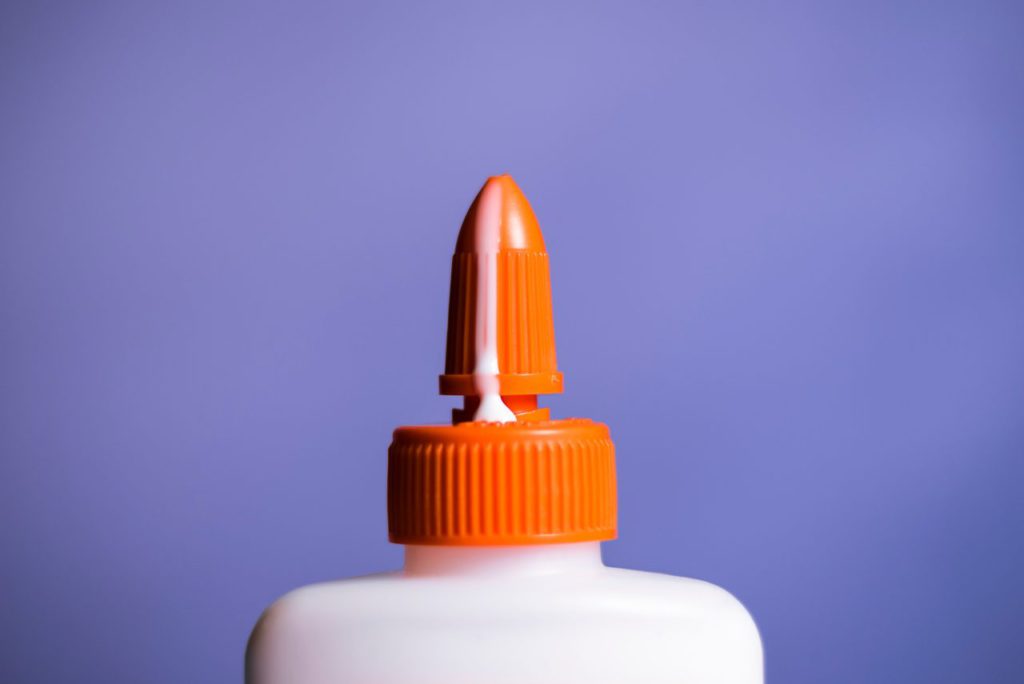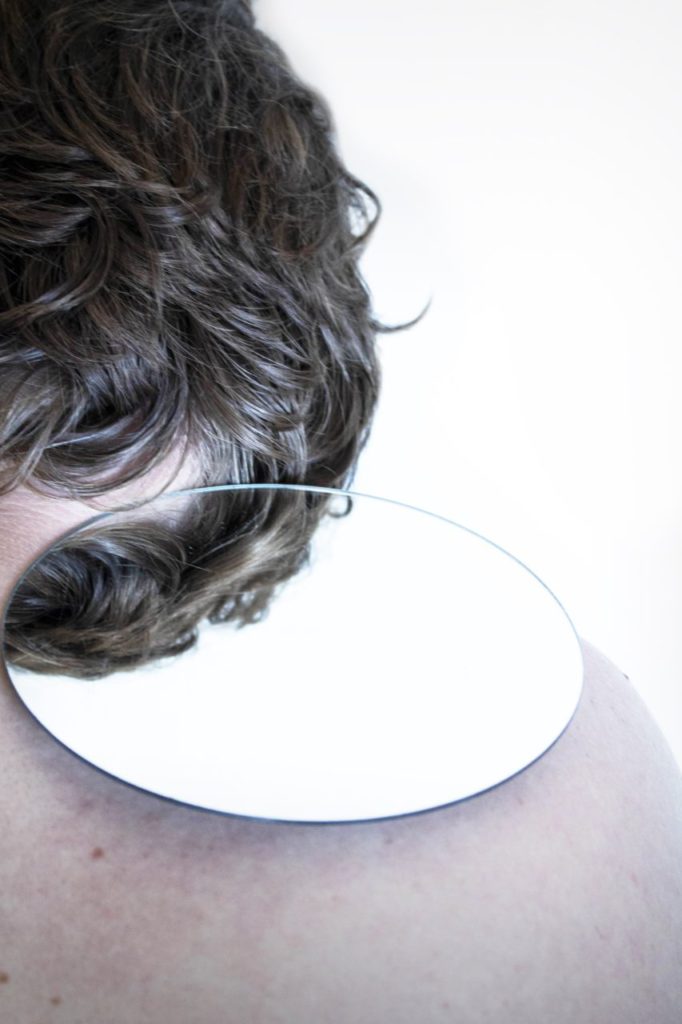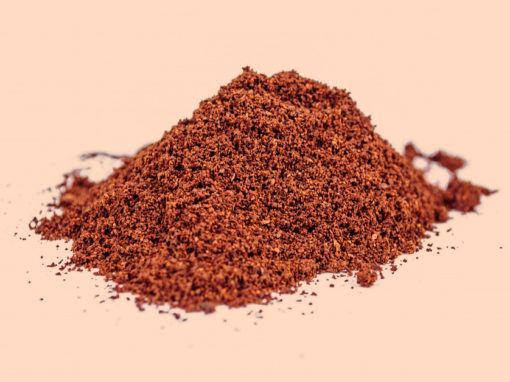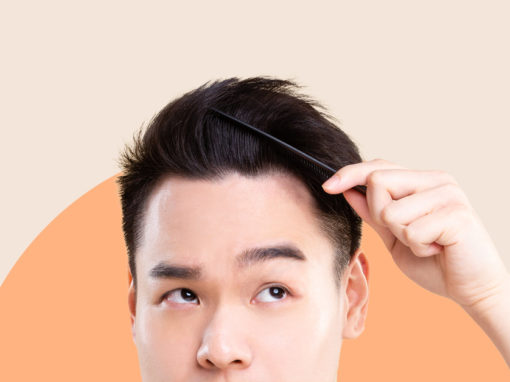There are many myths when it comes to hair loss – like wearing hats too often causes hair fall because hair follicles are deprived of oxygen to breath, or that masturbation can cause hair loss.
Does masturbation cause hair loss?
The straightforward answer is no. Masturbation is unlikely to have any effect on baldness. However, here’s why this misconception probably comes about.

Masturbation increases testosterone levels
There’s a belief that masturbation increases testosterone and, thereby, dihydrotestosterone (DHT) (a testosterone derivative) levels. DHT is known to cause hair loss by interfering with the hair growth cycle, resulting in hair fall.
However, a man’s testosterone levels fluctuate from day to day. Some studies found that testosterone levels do increase after ejaculation, while others found an increase after three weeks of abstinence.
Besides this, factors such as one’s age, diet, and fitness levels can also affect testosterone levels. As such, masturbation will probably not affect hormone levels significantly to result in hair fall.
Masturbation causes protein loss
Protein is essential for healthy hair, which may be another reason for this myth. However, although semen contains protein, protein loss from masturbating is incredibly small and is unlikely to affect hair health in any way.
Let’s put this in perspective:
- 100mL of protein contains about 5g of sperm.
- The average volume of ejaculate is less than 5mL.
- Thus, a man would need to ejaculate more than 20 times to lose 5g of protein.
What causes hair fall?
Here are some real causes of male pattern baldness:

Genetics
Androgenic alopecia, or male pattern baldness, is often a hereditary condition. This genetic disorder typically starts with a receding hairline and gradual thinning, followed by bald spots on the top of the head.
Medical conditions
Alopecia areata is an autoimmune condition that causes patchy hair loss. The condition can be sudden and accompanied by an itching or burning sensation. Hair can regrow, but 30% of individuals with alopecia areata experience recurring and permanent hair loss. Some other conditions that result in hair loss include scalp infections (ringworm) and trichotillomania, a hair-pulling disorder.
Medication
Certain medications, such as chemotherapy for cancer, can cause hair to fall out. However, hair loss caused by medication is usually temporary. Hair should regrow once the individual stops treatment. Some medications for arthritis, heart issues, high blood pressure, and depression also cause hair loss.
Traumatic or stressful event
Sometimes, a traumatic or incredibly stressful event can result in thinning hair. However, hair loss due to an emotional or physical shock is generally temporary.
Hairstyles
Hairstyles that pull one’s hair tightly, for example, cornrows or tight ponytails, can cause traction alopecia. To overcome this, opt for gentler hairstyles.
How can I stop my hair loss?
You can do several things to prevent and stop hair loss.
A healthy and balanced diet can help increase your immunity and reduce the risk of male pattern baldness. A diet with adequate protein, vitamins A, B, C, and D, iron, selenium, and zinc is vital for healthy hair.
Hair care is also important – a clean and healthy scalp can help prevent hair loss. Style your hair gently and avoid harsh chemical treatments that might cause hair and scalp damage. Opt for gentle hair products free of peroxide, ammonia, and para-phenylenediamine.
Medications such as minoxidil and finasteride are also effective in slowing and preventing male pattern baldness. Finasteride works by decreasing dihydrotestosterone (DHT) levels in the body which can cause hair loss. Minoxidil prolongs the hair growth stage, leading to an increase in hair volume, thickness, and length.
Is it possible to regrow hair?
Yes, it is possible to regrow and improve hair if the follicle is still intact. However, you’ll need to take intentional steps, such as ensuring good hair care and going for approved and effective hair treatments.
This article is for informational purposes only and does not constitute medical advice. The information contained herein is not a substitute for and should never be relied upon for professional medical advice.
Book a consultation with andSons Malaysia’s medical team to learn more about hair loss conditions and available treatments here.
Conclusion
Don’t worry if you seem to be losing hair. With the correct treatment, male pattern baldness can be effectively slowed and prevented. Talk to one of our doctors today for the most suitable treatment for you.


